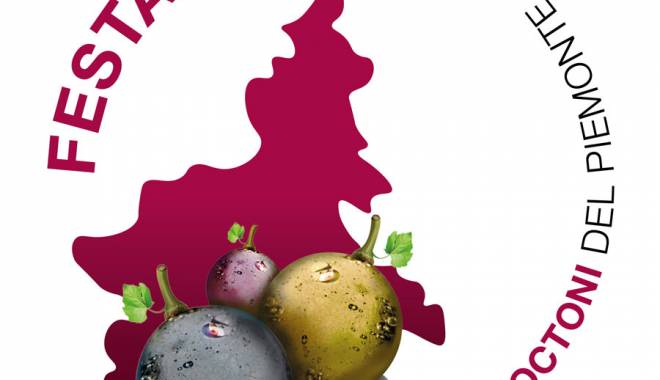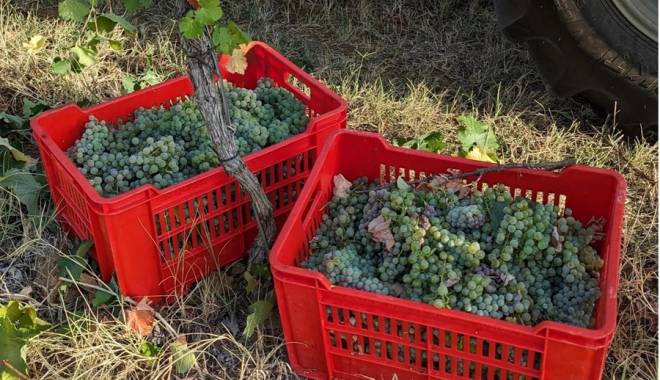Poggio della Dogana , a winemaking company from Castrocaro Terme and Terra del Sole (Forlì-Cesena), joins the Brisighella, Anima dei Tre Colli association, promoter of the Brisighella Brix project which aims to define a new style of pure Albana .
The preview presentation of the newborn Farfarello Romagna Albana DOCG Secco 2022 at the Brisighella in Bianco event, which from August 30 to September 2 involved producers, journalists, restaurateurs, distributors and wine lovers in a rich program of events, marked its entry.
Brisighella, Anima dei Tre Colli , founded in April 2023 by five companies and which two years later has 19 affiliates, brings together the winemakers of Brisighella who are personally committed to the protection and enhancement of the wine production of the territory delimited within the MGA of Sangiovese Brisighella .
“We are thrilled to join a group of winemakers with whom we share passion and seriousness for work, study of the winemaking history of Brisighella and determination in wanting to preserve and pass on its uniqueness – explains Aldo Rametta , co-owner of Poggio della Dogana together with his brother Paolo –. For us, Farfarello represents the result of years spent searching for the ideal combination between our terroir and the Albana variety, still little known at a national and international level but which we believe deserves the attention of critics and the curiosity of enthusiasts”.
The Brisighella Brix project, created and promoted by Brisighella, Anima dei Tre Colli , focuses precisely on pure Albana wines. The result is a precise production specification shared by all Brisighella producers that aims to highlight the distinctive features of the three production areas characterized by different soil compositions: yellow sands and clays, chalk, marls and sandstones.
Farfarello Romagna Albana DOCG Secco originates from a twenty-year-old vineyard, managed in a certified organic way , which has its roots in the ochre sands, at an altitude between 200 and 300 meters above sea level. The training system is guyot, the density is around 5,000 plants per hectare and the yield is reduced to 1 kg per plant. The harvest, strictly manual, takes place in the second ten days of September. The vinification takes place without skins with a soft pressing of the grapes, followed by fermentation in 225-liter oak barrels, of which 50% are first passage. The refinement continues for 9 months on the fine lees with periodic bâtonnage, and a further 12 months in the bottle. The result is a wine that stands out for its elegance and persistence, defined by a marked minerality and aromatic complexity, to which the composition of the soil and the hilly climate contribute.

13/12/2024

16/05/2024

24/04/2024

30/10/2023